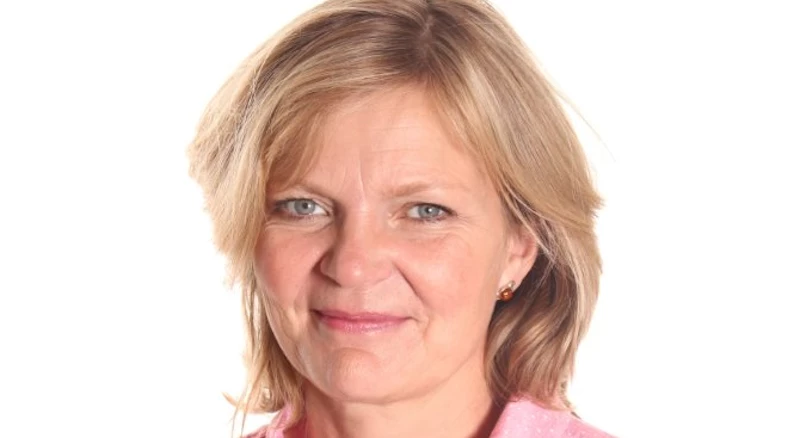
Partner Article
Tracking the outputs of research
The work of a researcher goes beyond simply research. Academics are always under pressure to tell their funders how their research is progressing and prove they are providing value for money – whether they are reporting to research councils, government organisations or research charities.
The job of reporting research outcomes is recognised as a necessary part of a researcher’s job. This is vital when seeking further funding and demonstrating the need for further academic investigation. But despite technological developments in recent years, researchers often have to present this information in lengthy end-of-grant reports, detailing their findings over a full funding period: sometimes years of work. This can often mean a time-consuming process of creating multiple, inconsistent reports for different organisations who are contributing to the same research - so more time on paperwork and less time for research. In addition it slows down the potential of disseminating the outputs of their work to a wider audience and essentially for the benefit of the consumers of their research, e.g patients.
Yet with the dawn of the digital revolution in the 21st century, things have started to change in the research community, and an innovative new online tool is changing the way outcomes of research are reported.
Developed by a group of seven research funders led by the Medical Research Council, Researchfish was created in June 2012 to enable funding bodies, researchers and universities to track the outputs of research in a consistent way and make lengthy end-of-grant reports a thing of the past. In just over a year, Researchfish is now being used by over 80 funding organisations - the majority of the UK’s medical research sector - 12 leading universities and more than 6,000 researchers in the UK.
Most recently, the National Institute for Health Research (NIHR) signed up, helping them to better track the outputs of their research into the effects of different medical treatments - of direct benefit for patients in the NHS.
As more research organisations adopt the system, this new interconnectivity across research communities means that time is saved for researchers, scientific collaborations can be promoted, and research funders can show the outputs of their investments more effectively than ever before. Communicating this to taxpayers or research charity supporters means that they can be confident that their money is being spent wisely, and that the organisations they’ve invested in are offering the best value for money.
This was posted in Bdaily's Members' News section by Frances Buck .
Enjoy the read? Get Bdaily delivered.
Sign up to receive our popular morning National email for free.








 Raising the bar to boost North East growth
Raising the bar to boost North East growth
 Navigating the messy middle of business growth
Navigating the messy middle of business growth
 We must make it easier to hire young people
We must make it easier to hire young people
 Why community-based care is key to NHS' future
Why community-based care is key to NHS' future
 Culture, confidence and creativity in the North East
Culture, confidence and creativity in the North East
 Putting in the groundwork to boost skills
Putting in the groundwork to boost skills
 £100,000 milestone drives forward STEM work
£100,000 milestone drives forward STEM work
 Restoring confidence for the economic road ahead
Restoring confidence for the economic road ahead
 Ready to scale? Buy-and-build offers opportunity
Ready to scale? Buy-and-build offers opportunity
 When will our regional economy grow?
When will our regional economy grow?
 Creating a thriving North East construction sector
Creating a thriving North East construction sector
 Why investors are still backing the North East
Why investors are still backing the North East